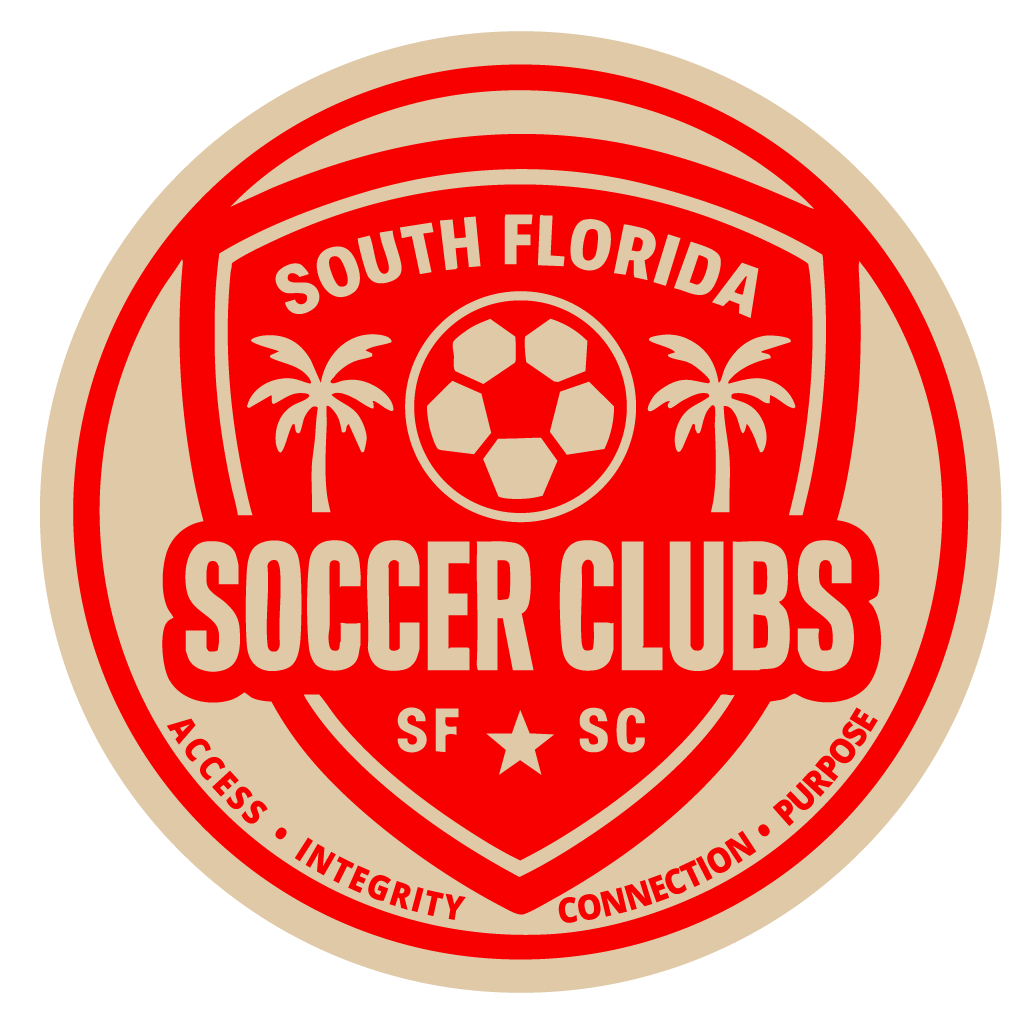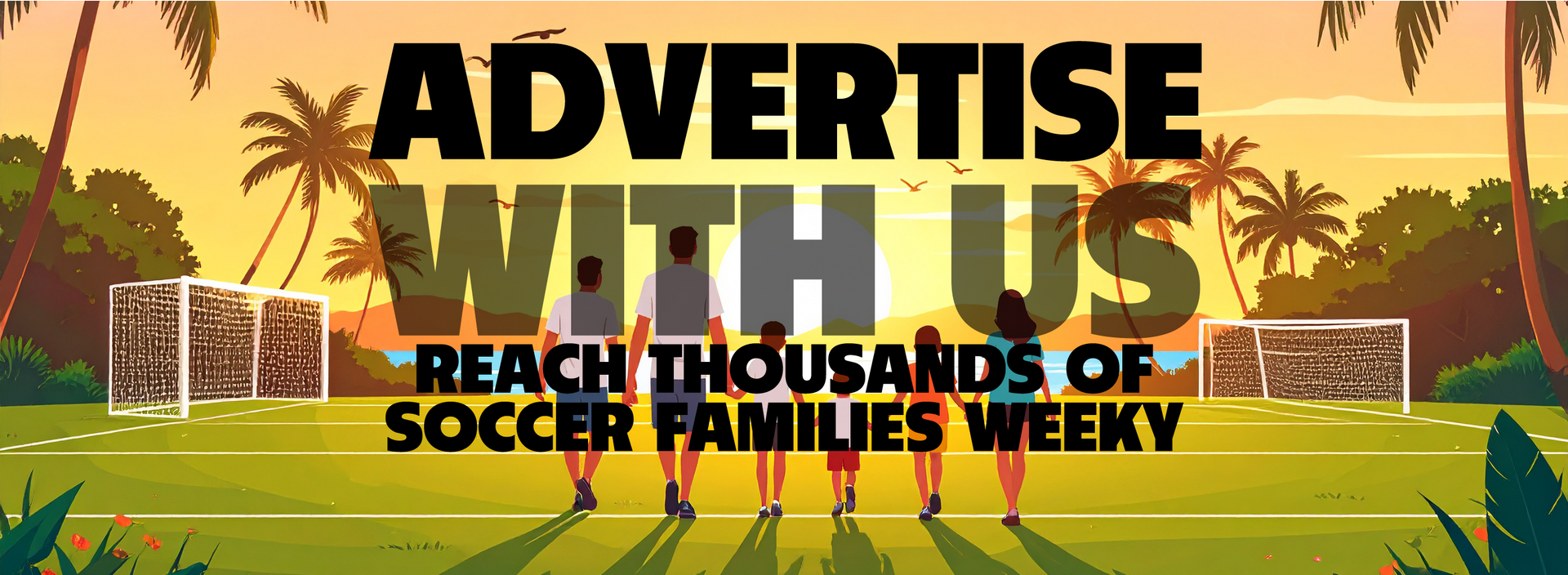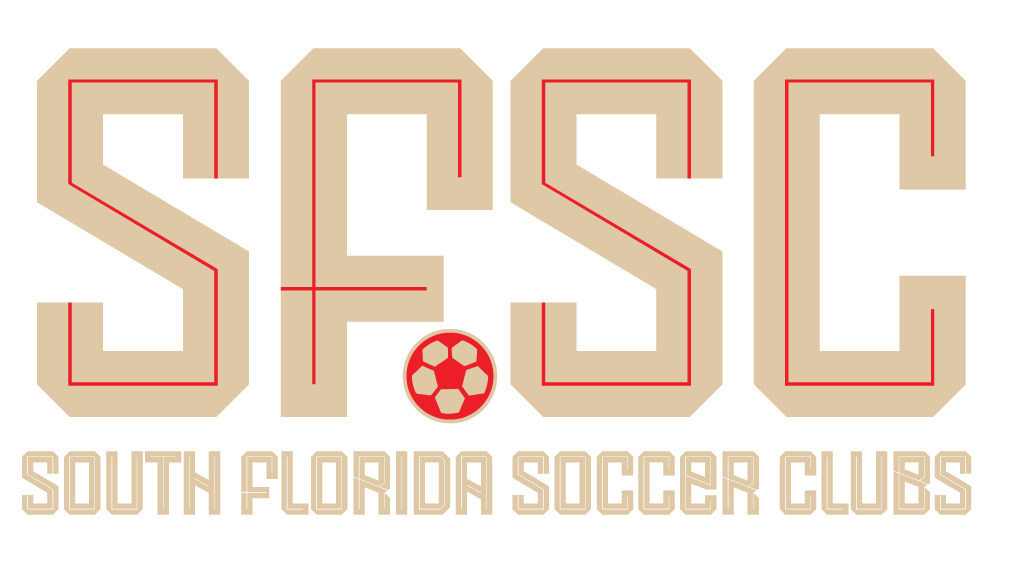Coaching vs. Training: What Does Your Child Need at Each Stage?
In youth soccer, parents often hear the terms “coach” and “trainer” used interchangeably, but they are not the same. Understanding the difference—and knowing what your child needs at different stages of development—is crucial to ensuring they are in the right environment to grow as a player.
The Difference Between a Coach and a Trainer
• A Coach is responsible for developing players within a team environment. A coach focuses on tactics, team shape, match preparation, decision-making, and game management. A good coach fosters both individual and team growth by teaching players how to apply their skills in real-game situations.
• A Trainer is typically more focused on technical skills and individual development. Trainers run drills, improve touch, speed, agility, and overall ball control. While trainers play a critical role in skill-building, they do not necessarily prepare players for game-time situations, team strategy, or mental aspects of competition.
Both roles are important, but at different ages and stages of development, one may be more valuable than the other.
What Does Your Child Need at Different Ages?
U6 - U12: Focus on Development Over Competition
At this stage, a trainer with a strong technical background is essential. Kids should be building fundamental skills such as dribbling, passing, first touch, and body coordination. However, a coach who fosters a fun, engaging environment is just as important.
What to look for:
✅ A coach who prioritizes development over winning
✅ A trainer who focuses on technical skills without pressure
✅ A coach who allows kids to express themselves on the ball
⚠️ Red Flags:
❌ A coach who only prioritizes tactics and formations over skill-building
❌ A team that does not focus on individual technical development
Leagues at this stage: Recreational leagues, local travel leagues, youth academy programs.
U13 - U16: Introducing Tactical Understanding
Now, game awareness and tactical development become more important. Players still need individual training, but they also need a coach who teaches positional play, game strategy, and decision-making.
What to look for:
✅ A coach who teaches tactical understanding (formations, team shape, movement off the ball)
✅ A trainer who continues to refine individual skills
✅ A coach who provides detailed feedback on player performance
⚠️ Red Flags:
❌ A coach who focuses only on winning without player development
❌ A team with no clear playing philosophy or structure
Leagues at this stage: MLS NEXT, ECNL, USL Academy, NPL, UPSL Youth, State Premier Leagues.
U17 - U18: Preparing for College or the Next Level
At this stage, players should be in a competitive training environment with both high-level coaching and strong game preparation. If the goal is college soccer, a coach who understands recruiting and can guide players in the right direction is invaluable.
What to look for:
✅ A coach with college or professional connections
✅ A training program that pushes players physically and mentally
✅ A coach who teaches game intelligence and adapts tactics to competition
✅ A coach who helps players get exposure through showcases, ID camps, and networking
⚠️ Red Flags:
❌ A coach who doesn’t communicate about opportunities beyond youth soccer
❌ A program that limits playing time in favor of only a few “star” players
❌ A coach who fails to prepare players for the intensity of the next level
Leagues at this stage: MLS NEXT, ECNL National, USL Academy, NPL, UPSL (for top-level players), strong regional leagues with good exposure.
Does Your Child Need a Coach, a Trainer, or Both?
✅ A trainer is essential for individual skill development, especially in early years.
✅ A coach becomes more important as players progress and need tactical awareness, team dynamics, and game intelligence.
✅ At advanced levels, both are necessary. Even professional players continue technical training with personal trainers while being coached on tactics and strategy.
Final Thoughts: The Right Fit Over the Right Title
The best environment for a young player is one where both individual skills and team understanding are nurtured. A strong youth soccer experience includes:
✔️ A coach who understands development at the right stage
✔️ A training program that builds technical and tactical ability
✔️ A pathway that aligns with your child’s goals—whether recreational, collegiate, or professional
Ultimately, a great coach is also a great trainer, and a great trainer must understand the demands of competitive soccer to prepare a player for real-game situations. By understanding the differences and what your child needs at each stage, parents can make informed decisions about their child’s soccer journey.
Set off on your next remarkable soccer adventure.




